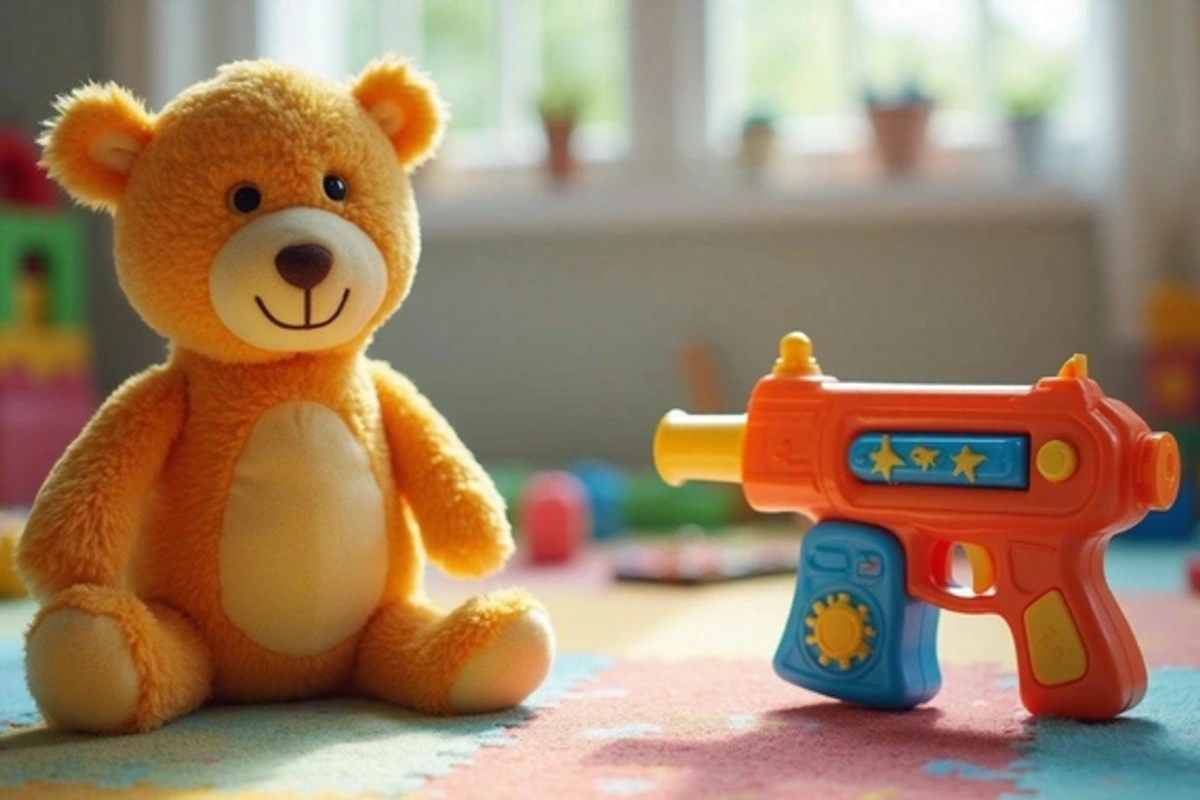18 Jul , 15:00
0

Psychologists confirm: toys shape a child's personality and future
From an early age, toys become not just entertainment, but real tools for shaping a child's psyche. Research shows that properly selected building blocks, stacking toys, and shape sorters actively stimulate the development of logical thinking and motor coordination. Dolls, toy cars, and plush friends become indispensable aids in role-playing games through which children master essential social skills - empathy, care, and modeling of life situations.
Experts note the special role of toys in emotional development. When a child cannot yet express their feelings in words - fear, anxiety, or joy - toys become a safe way to process these emotions. Thus, by acting out scenes with a favorite doll or stuffed animal, a child can painlessly experience and make sense of conflict situations from kindergarten or family life.
However, specialists warn: not all toys are equally beneficial. An excess of electronic gadgets, characters with aggressive behavior, and toys with intrusive sound effects can provoke overstimulation of the nervous system, increased irritability, and even the development of anxiety states. Games built around violence cause particular concern, as they negatively affect the formation of behavioral norms.
Paradoxically, an excessive number of toys can harm a child's development. Studies show that an overabundance of play items often leads to distracted attention and reduced ability for independent play. Specialists recommend focusing not on quantity but on the quality of toys, selecting them according to age and individual developmental characteristics.
When choosing toys, experts advise paying attention to material safety, functionality, and potential for creative use. Notably, simple toys that leave room for imagination often prove much more useful than expensive high-tech alternatives. It is precisely these toys that give children freedom of self-expression, stimulate imagination, and develop emotional intelligence.
Psychologists emphasize: toys are not just objects, but a mirror of the world in which a child's personality is formed. Their influence on the development of the future adult is difficult to overestimate.